Is Protein Powder Good for Weight Loss? Here’s When It Helps
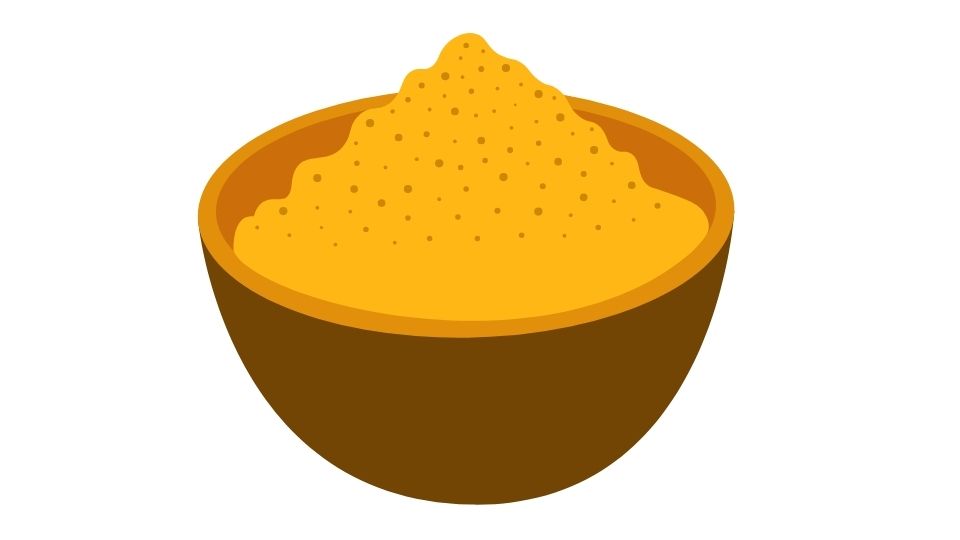
Let’s face it – dieting sucks. You’re hungry, cranky, and somehow expected to resist the cookies in the breakroom while running on willpower fumes.
What if I told you protein powder might actually make this whole weight loss thing a bit easier?
I know, I know – another supplement promising miracles. But unlike most of the junk marketed to dieters, protein powder actually has some solid science behind it.
So let’s dive into how protein powder can help you lose weight (when used correctly), why it works, and how to use it without wasting your money or sabotaging your results.
How Protein Powder Can Actually Help You Lose Weight
Skip ahead:
- Why protein matters for weight loss
- The science behind protein and fat loss
- How much protein you actually need
- Choosing the right protein powder
- My take on protein for weight loss
Why protein matters for weight loss
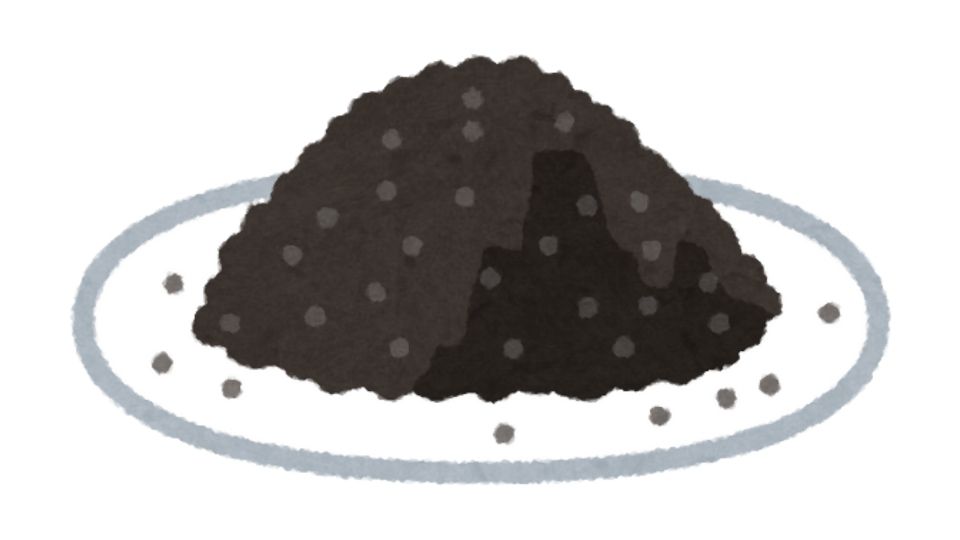
Protein isn’t just for bodybuilders and gym bros. It’s actually your best friend when trying to lose weight for four key reasons:
1. Protein keeps you full longer
Ever notice how a carb-heavy breakfast leaves you starving an hour later, while an egg-based meal keeps you satisfied until lunch?
That’s because protein triggers satiety hormones that tell your brain “we’re good here, no need for more food.” Research shows protein is significantly more filling than both carbs and fats, which helps naturally reduce your calorie intake without feeling deprived.
This is huge for weight loss success. Because let’s be honest – hunger is the #1 diet killer.
2. Your body burns more calories digesting protein
This is wild but true: Your body burns calories just to digest food. And it burns a lot more processing protein than other nutrients.
This is called the thermic effect of food (TEF), and the numbers are pretty impressive:
- Protein: 20-30% of calories burned during digestion
- Carbs: 5-10%
- Fats: 0-3%
What does this mean? If you eat 100 calories of protein, your body uses up to 30 of those calories just processing it. That’s like a built-in calorie discount!
3. Protein preserves muscle while you lose fat
When you cut calories, your body doesn’t just burn fat – it also breaks down muscle for energy. This is bad news because:
- Muscle burns more calories than fat (even at rest)
- Less muscle = slower metabolism
- Slower metabolism = easier weight regain
Adequate protein intake prevents this muscle loss, keeping your metabolism humming and making it easier to maintain your weight after losing fat.
4. It’s convenient as hell
Let’s be real – consistently hitting your protein targets with whole foods can be challenging, especially if you:
- Are super busy
- Don’t eat meat
- Are cutting calories
- Hate cooking
A quality protein shake takes 30 seconds to make and can deliver 20-30g of protein for around 120 calories. Try getting that nutrition profile from whole foods in the same time!
The science behind protein and fat loss
This isn’t just bro-science – there’s solid research backing protein for weight management:
A comprehensive review of studies found that high-protein diets consistently outperform standard protein diets for weight loss, body fat reduction, and waist circumference.
One particularly interesting study followed people after initial weight loss and found those consuming higher protein regained 50% less weight than the lower protein group. The protein literally helped them keep the weight off.
When it comes to protein powder specifically, whey protein has the most research behind it:
- Multiple studies show that whey supplementation improves body composition – increasing lean mass while decreasing fat mass
- It appears especially effective when combined with resistance training
- Research shows whey protein helps preserve muscle during calorie restriction better than other protein sources
The consensus among researchers is clear: higher protein intake (whether from food or supplements) makes weight loss more effective and sustainable.
How much protein you actually need for weight loss
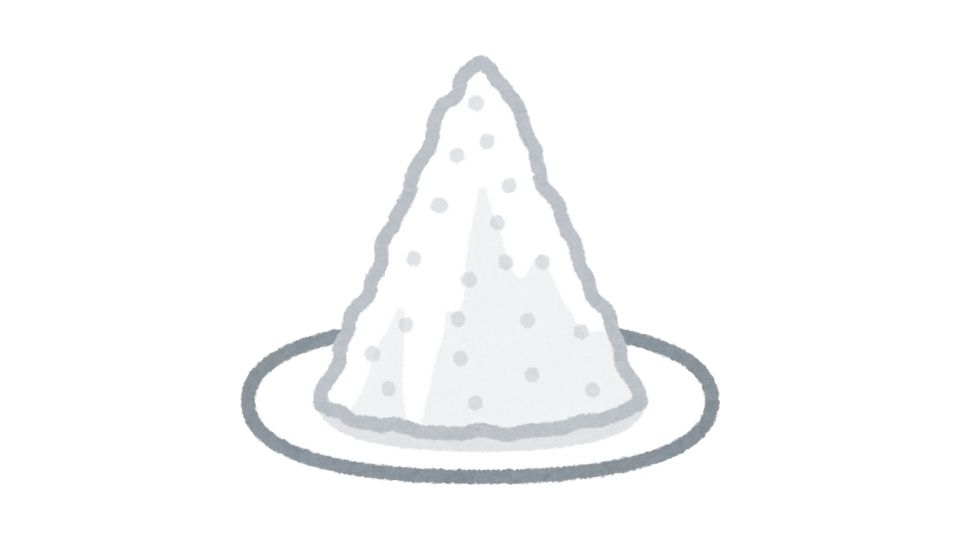
The standard RDA for protein (0.36g per pound) is designed to prevent deficiency, not optimize body composition during weight loss.
For effective weight management, research suggests aiming for 0.7 to 1.0 grams of protein per pound of goal body weight daily.
For someone aiming to weigh 150 pounds, that’s 105–150 grams of protein per day.
This is significantly higher than what most people eat, which is why protein supplements can be helpful – they bridge the gap between what you get from food and what you actually need.
Some people can hit these targets with food alone, but many find protein powder helps them reach their goals without having to eat chicken breast for every meal (though I do love a good chicken breast).
Choosing the right protein powder
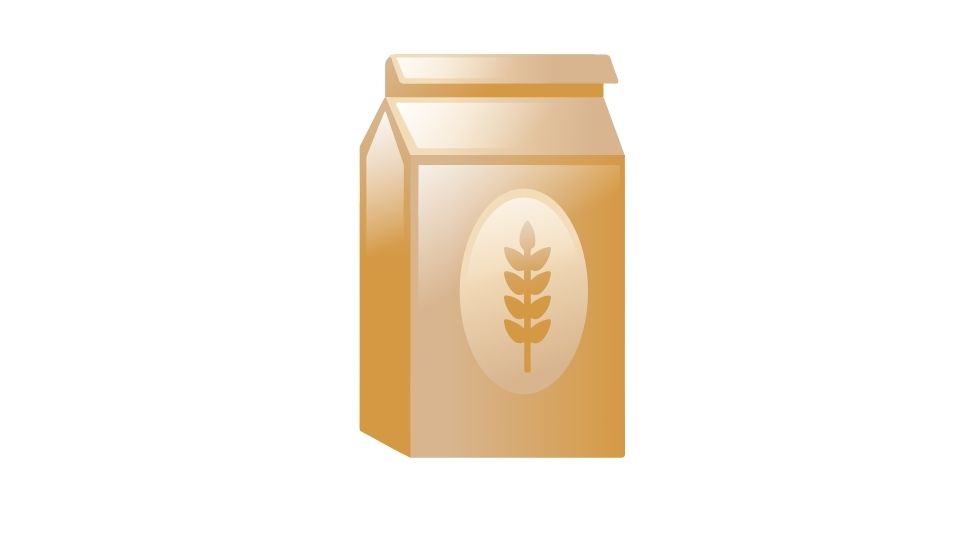
Not all protein powders are created equal. Here’s what to look for:
Types of protein
Whey protein isolate is typically the gold standard for weight loss because:
- It’s quickly absorbed
- Has an excellent amino acid profile
- Contains minimal carbs and fat
- Has the strongest research backing for fat loss
Other decent options include:
- Whey concentrate: Slightly more carbs/fat but cheaper
- Casein: Slower digesting, good before bed
- Plant proteins (pea, rice, hemp): Great for vegans, though you might need more to get the same effect
What to avoid in protein powders
Watch out for:
- Added sugars (can defeat the purpose)
- Excessive fats
- Unnecessary fillers
- Too many “weight loss” ingredients with minimal evidence
How to use protein powder for weight loss
For best results:
- Replace a snack (not a meal) with a protein shake
- Use it post-workout when your muscles are primed for protein
- Add it to smoothies with fruits/veggies for more nutrients
- Mix with water rather than milk to keep calories lower
- Keep total calories in mind – protein still has calories!
A well-designed study showed that participants who replaced snacks with protein shakes lost more weight than those who simply added protein to their existing diet. The substitution approach works best.
My take on protein for weight loss
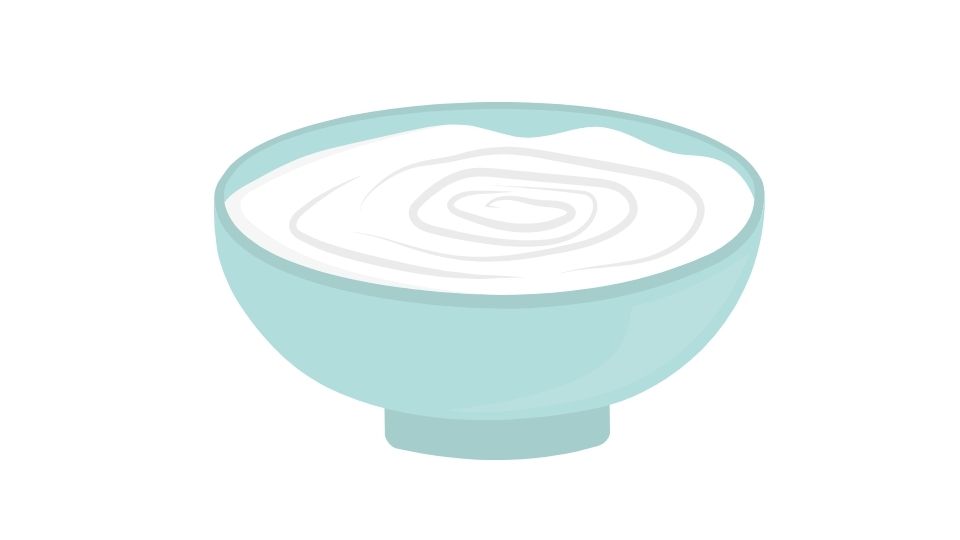
After looking at all the evidence, I’m pretty convinced that adequate protein intake is crucial for effective, sustainable weight loss. Protein powder can be a useful tool in that journey – but with some important caveats:
Protein powder isn’t magic. It won’t cancel out pizza binges or make up for a terrible diet.
Whole food protein sources should be your foundation. Get most of your protein from eggs, chicken, fish, Greek yogurt, legumes, etc.
Exercise amplifies the benefits. Protein works best for body composition when paired with resistance training.
The people I see succeed with protein powder use it strategically – as a convenient way to hit protein targets when busy, as post-workout nutrition, or to satisfy sweet cravings without derailing their diet.
If you struggle to get enough protein or find yourself hungry on your diet, a quality protein powder might be exactly what you need to make weight loss more comfortable and successful.
But remember – it’s a supplement to a good diet, not a replacement for one.

